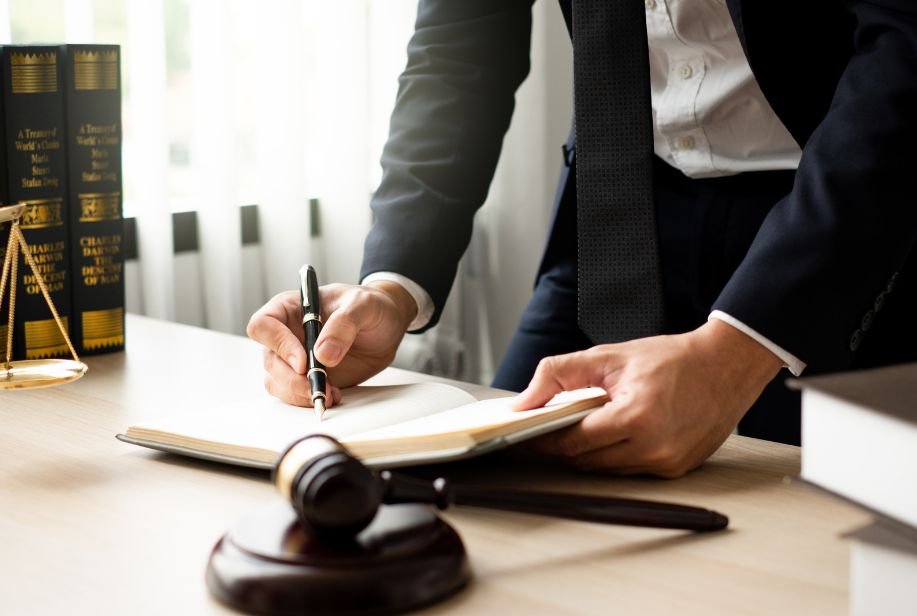An arrest can be one of the most stressful experiences in a person’s life and bail hearings in BC. In British Columbia, the first major decision after charges are laid is whether bail will be granted. Bail is a critical part of the criminal justice process and understanding how it works, what a bail hearing involves, and the factors courts consider when deciding release is essential for protecting your rights.
What is Bail?
Bail is the temporary release of an accused person who remains in custody while awaiting their next court appearance. In Canada, the right to reasonable bail is protected by the Canadian Charter of Rights and Freedoms, which ensures that an accused person is not denied release without just cause. This principle balances the presumption of innocence with the need to protect the public and maintain the integrity of the court process.
When bail is granted, the accused is typically released under specific conditions. These can include regular check-ins with a bail supervisor, curfews, or restrictions on contacting certain individuals. Failing to comply with bail conditions is itself a separate criminal offence.
The Bail Process in British Columbia
If you are arrested and not released by police, you will remain in custody until a judge or justice of the peace hears your bail application, usually within 24 hours. While the Criminal Code of Canada sets out the rules for bail, the process itself is carried out by the BC courts.
In British Columbia, bail hearings are typically held in Provincial Court, though more serious cases may be heard in Supreme Court. At the hearing, the Crown prosecutor presents arguments for why the accused should remain in custody, while the defence lawyer explains why release is justified.
What Happens at Bail Hearings in BC?
A bail hearing, sometimes called a “show cause” hearing, is not about determining guilt or innocence. Instead, the focus is solely on whether the accused should be released while awaiting trial. At the hearing, the Crown may point to factors such as the seriousness of the alleged offence, the accused’s criminal history, and potential risks to public safety. In response, the defence may propose a release plan, which can include sureties (people who agree to supervise the accused) and specific conditions to help ensure compliance. These considerations can be especially important in cases involving young people; for more insight, see our article on youth and criminal offences in BC.
What Do Courts Consider When Deciding Bail?
Under the Criminal Code, judges in BC must consider three main grounds when deciding whether to grant bail:
- Primary Ground – Attendance in Court: Will the accused return for future court appearances? If there is a risk of failing to appear, the court may impose stricter conditions or order detention.
- Secondary Ground – Protection of the Public: Could releasing the accused create a risk to public safety, including the possibility of reoffending?
- Tertiary Ground – Confidence in the Justice System: Would releasing the accused undermine public confidence in the justice system? In very serious cases, such as violent offences, the court may order detention even if the other grounds are satisfied.
The Role of Sureties in Bail
A surety is someone who agrees to take responsibility for an accused person if they are released on bail. This role involves supervising the accused, ensuring they attend court, and encouraging them to follow all bail conditions. Sometimes, the surety must also pledge or deposit money as a financial guarantee.
Courts take surety arrangements very seriously. If the accused breaches their bail conditions, the surety risks losing the pledged money and may be barred from acting as a surety.
Bail in the Larger Context of a Criminal Trial
Bail is just one of the early steps in a criminal case, but understanding where it fits in the overall process highlights its importance. In BC, the typical stages of a criminal proceeding include:
- Investigation and Arrest
- Bail Hearing
- Disclosure of Evidence
- Preliminary Hearing (in some cases)
- Trial
- Verdict and Sentencing
Being granted bail often means an accused person can remain in the community, maintain employment, and work more effectively with their lawyer to prepare a defence.
Preliminary Hearing
In more serious indictable cases, a preliminary hearing may take place before trial. At this stage, the Crown must demonstrate that there is sufficient evidence for the case to proceed. Having bail during this period allows the accused to remain in the community and work closely with their defence lawyer in preparing for trial.
Verdict
At the conclusion of a trial, the court delivers a verdict of either guilty or not guilty. An accused person released on bail will attend the trial while living at home rather than in custody. The verdict can also shape future bail decisions, particularly if an appeal is pursued.
Why Bail Matters
The outcome of a bail hearing can have lasting consequences. If bail is denied, the accused remains in custody, making it harder to prepare a defence, maintain employment, or support family responsibilities. By contrast, being granted bail with reasonable conditions allows the accused to continue life in the community while awaiting trial.
Because bail hearings involve complex legal arguments and multiple factors, having an experienced criminal defence lawyer is essential. A skilled lawyer can advocate for release, propose workable conditions, and protect the accused’s rights at every stage.
Conclusion
Bail and bail hearings are critical parts of the criminal justice process in British Columbia. Courts must balance the rights of the accused with concerns for public safety and confidence in the justice system. For anyone facing charges, understanding how bail works and how it connects to the trial process is vital to protecting one’s future.
If you have been arrested, charged with a crime, or are under investigation in Vancouver or elsewhere in British Columbia, speaking to a criminal defence lawyer as soon as possible is essential. Bail decisions can shape the outcome of your case. To arrange a free initial consultation with an experienced defence lawyer Contact Michael Shapray or call 604-725-4300.



